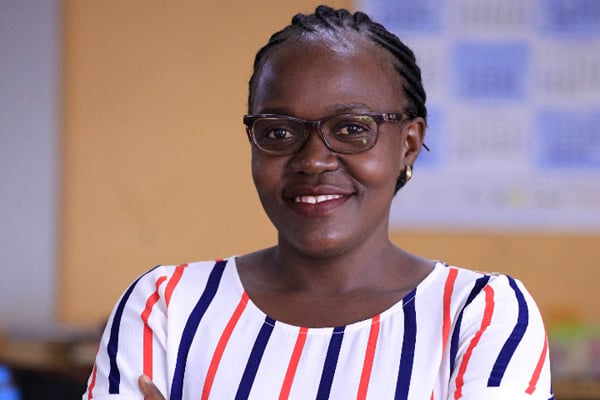Prime
Watoto Church questions intent of petition against its marriage rules

In the spotlight. Watoto Church’s main branch on Bombo Road in Kampala. PHOTO BY RACHEL MABALA
What you need to know:
- The petitioner wants court to restrain all churches and mosques from making same or similar mandatory requirements for marriage of intending couples.
Lawyers representing Watoto Church have questioned the intention of a petition against it over stringent marriage laws.
Appearing before five justices at the Constitutional Court on September 20, defence lawyers led by Mr Francis Gimara wondered why the petitioner, Mr Michael Aboneka, is still pursuing a case long after he wedded four years ago.
“The gist is a dilemma of the petitioner not being able to marry by then on condition that the marriage laws were not favoring him. However, we see him happily married with a shining golden ring on his finger,” Mr Gimara said.
But court advised Mr Gimara to first discuss the issues with the petitioner instead of just speculating.
Mr Aboneka, a lawyer, sued the elite born-again church, on June 6, 2018 saying he was stranded after the church imposed what he considered stringent conditions before he could be allowed to tie the knot with his bride on October 27.
Mr Aboneka listed a letter of consent (blessing) from the parents of the bride-to-be, a pastor’s endorsement of fitness for marriage, evidence of HIV status tested at one of the specified hospitals, and a counselling report, as some of the prohibitive conditions.
He claims that the mandatory requirement of the letter of blessing from the bride’s parents or guardians, offends the right to free will and consent to marriage by the intending couples and is in contravention and inconsistent with Article 31 (1) & (3) of the Ugandan Constitution.
He also claims that the mandatory HIV testing and disclosure of results to third parties is an invasion of privacy while parents’ consent letter is discriminatory and undermines the dignity, freewill, interest and status of women contrary to Article 33 (4), 6 of the Constitution.
He now wants the court to restrain all churches and mosques from making same or similar mandatory requirements for marriage of intending couples.
The petitioner is also seeking the Constitutional Court to annul all marriages conducted by Watoto under the restrictive conditions.
But the church has since argued that the guidelines ensure that the marriage institution is stable since a family is the foundation of society.
“The respondent denies that it forces any intending couple to comply with the above requirements as they have the choice to celebrate their marriage elsewhere,” the church states.
Ms Mariam Nakimenya, the church’s head of legal affairs, contended that for anyone to be considered their member, they must be in a home cell that meets once in a week for edification but upon cross checking, Mr Aboneka and his bride-to-be were not in any.
At least five justices of the Constitutional Court led by Frederick Engonda Ntende heard the petition and set the ruling to be delivered on notice.
Other judges are Elizabeth Musoke, Christopher Madrama, Monica Mugyenyi and Christopher Gashirabake.





